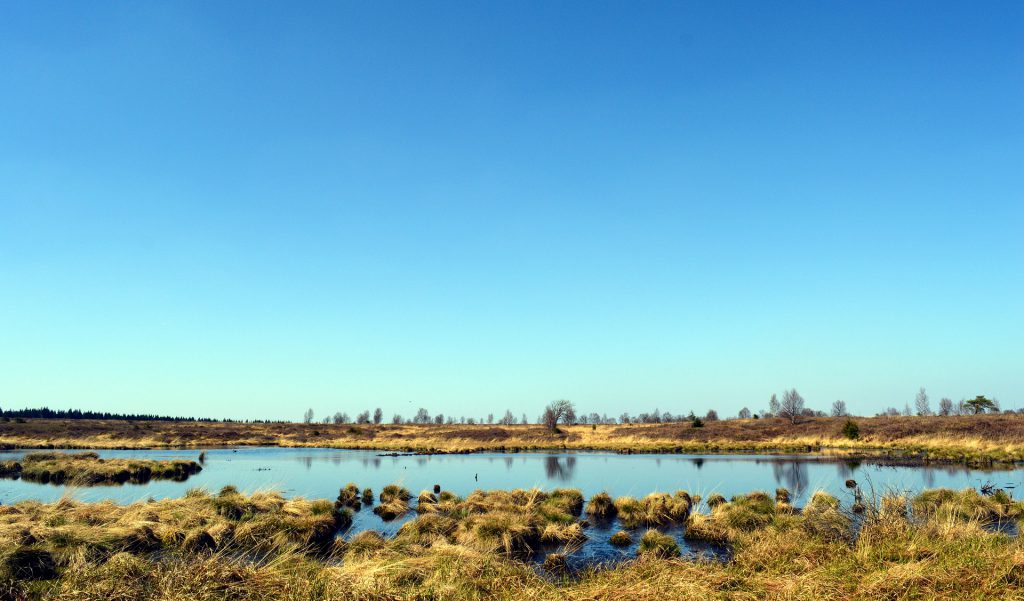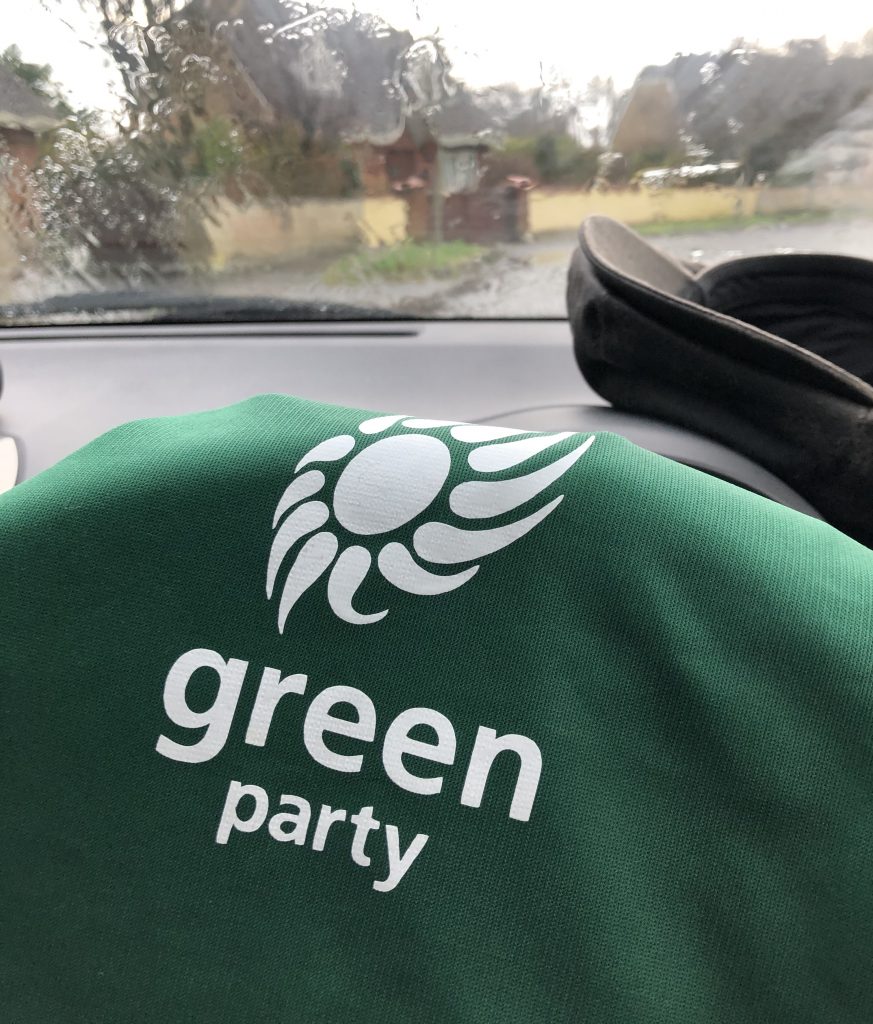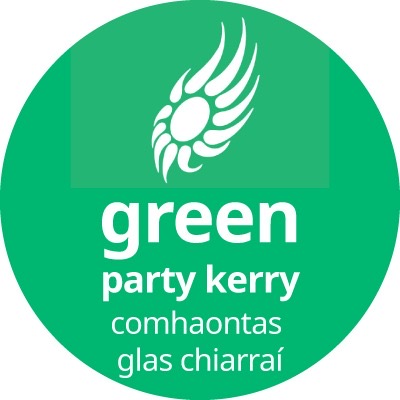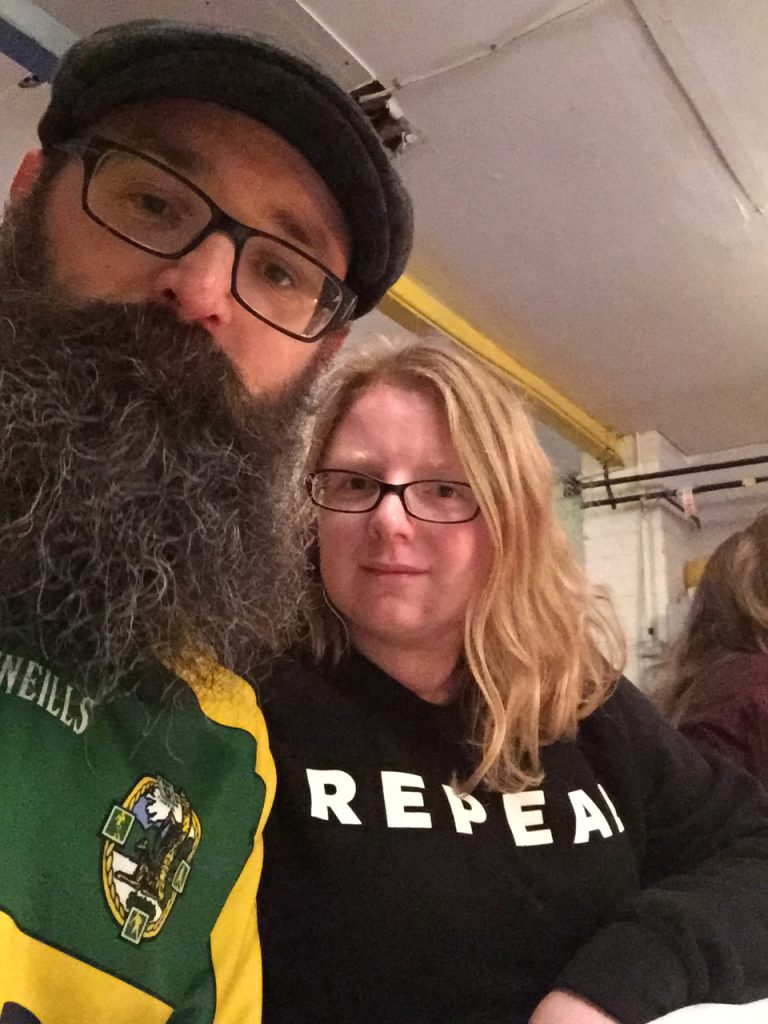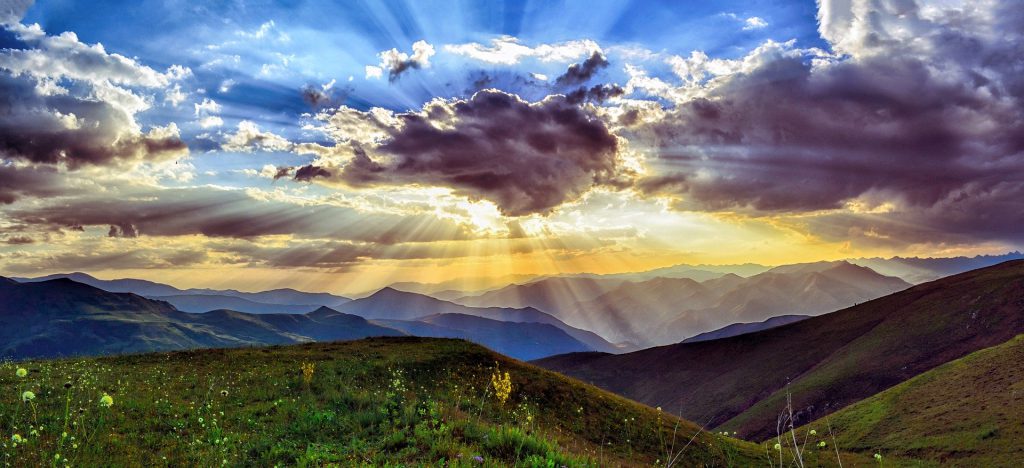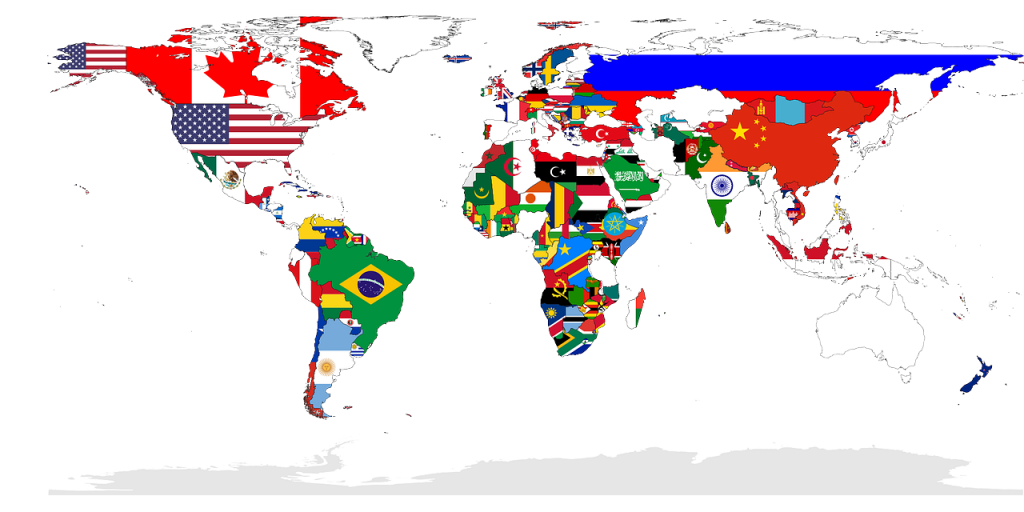
Image by Clker-Free-Vector-Images from Pixabay
The thing about being a straight white man is, we don’t do feeling powerless. Even watching sport, played on the other side of the planet, we know we are contributing to the result with our roars, our oaths and our superstitions. This is a world designed for us, by us. It’s our world so not succeeding feels catastrophic. Any perceived erosion of our increasingly precarious position feels catastrophic. A lot of white men are nursing those grievances right now. A lot of those white men are angry. And a lot of them have decided to blame anyone who isn’t a straight white man.
I’m a straight white man. I’m from a working class background. My education is mediocre. And I have a job rather than a career. But I’m not angry. And I certainly don’t blame any one who isn’t a straight white man for my place in the world. And that interests me. I write blog posts to better understand me. I want to know why I’m not bitter and twisted like so many people who look like me. Why don’t I fear and hate people of colour, when that is now a popular pastime for white men of my socioeconomic strata.
I don’t consider myself racist. But I have such limited experience with people of colour that I do not know what lurks beneath my liberal facade. I grew up in one of the whitest environments on the planet. Only in the last decade or so has this begun to change. I now, occasionally, work with people of colour. Every week, I play football with people of colour. My favourite places to eat are run by Asians. As my parents get older, I increasingly interact with medical professionals from around the world. And every encounter remains a novelty. I am living in a multicultural and multiracial world, but this only happened yesterday.
It remains a novelty. An aberration. Intellectually I recognise this as the new normal but as a middle-aged white man I still feel, wow. This is different. Not in Kansas anymore. How did this happen? It was only yesterday…
To be honest, I love it. Yet I’m discomforted by how aware I am of every encounter as being new and different. This Ireland, this growing diversity, this break from the appalling and oppressive monoculture of my youth and young adulthood is a breath of fresh air. And as I struggle to shrug off the novelty, part of me wants to hold on to some of it because I fear forgetting what it was once like in my world. The smallness. The lack of hope and imagination. The narrowness of our horizons.
But why have I not succumbed to the anger and hate being stoked in my name? All I can think of is my mother. She’s English. Proud English. Family of military service kind of proud. Growing up in the 80s, in rural Kerry, that was confusing. The anti-English rhetoric was as incessant as it was lacking in subtlety. But there was my mom. My grandparents, uncles, aunts and cousins, none of whom could visit, because it wasn’t safe for them to do so. But we visited them. They never struck me as being devils incarnate.
One really has to question a national identity when it demonises one of your parents. My experience of Irish national identity, growing up, was one of utter smallness. It was a thing of failure and emigration. And I hated it. I was softer on English nationalism because, you know, my mom. And I hadn’t done the reading. That came later.
When I did the reading, my oh my, that was a bucket of ice water dunked on my head. That made two national identities not worth a damn to me. It was then understandable for me to ask, what the hell are national identities for in the first place and are they all bullshit? National identities are taught in schools. It’s official title is history, but it’s really just identity. And every nation does it. They are carefully curated. There is some subtlety added in the universities, for those who go to university and study the history they’ll teach to the next generation. But the same national identity will be taught.
As mentioned, my education is somewhat mediocre. Yet there is no great mystery to nationalism or national identity. One doesn’t even have to reach back that far into history to discover the creation of nationalism and see its institutionalisation. It is, like most things that occupy the human mind, entirely made up. It, like religions, was invented to meet an immediate need. In this instance, how does one make law if a god, through an anointed king, isn’t available to lend legitimacy. The people. Ein volke. The ‘people’ was invented. Of course, people meant propertied white men. Though sometimes even unpropertied white men were included.
But inventing the people meant there had to be a them and us. This whole thing proved quite controversial. Taking gods and kings out of the power equation was not simply going to be nodded through. France, where this notion got its first full airing, was invaded by every other empire in Europe. Think on that. France was attacked by all the most powerful empires in existence. And France almost won.
It turns out that a man will fight a lot harder for a flag (oh yes, nations have to have flags) than for a god or a king. France almost won. The invented nation, the people, were mobilised, the levee en masse, and it conquered most of Europe before coming up short in Russia. But it wasn’t just the weather that defeated Napoleon. Nor competent generalship. Invent one people and necessarily other peoples will come into existence. Even kings saw the power of flags.
And middle class intellectuals saw their chance to shine. They taught history, a carefully curated history, in the universities, to middle class men who taught national identity in the schools. In mere decades all history was national identity. In mere decades national identity was presumed to have always existed. The Romantics are largely to blame for that.
That is not to say nationalism was a unique invention. Don’t forget, before nationalism, there was magic blood. The nobility of old built and maintained their power through violence. But they justified their hold on power through blood. Noble blood was different. Royal blood was different. One could not wield legitimate power without that special blood. Of course, one’s blood could become special if one was very good at violence or one was very rich. But the blood mattered.
And there was another invention. As industry grew, new ‘natural’ divisions were devised. The lower orders were a different breed. Poor, dirty and powerless because that was all their blood could aspire to. Industry grew and needed more of everything to grow ever more. But that everything was usually found where people who looked different lived. Their blood was ‘scientifically’ proved to be inferior. Without ‘race’ the pillaging of the America’s would’ve proved impossible.
And we bought it all. Still buy it. Not seeing that racism, fascism and nationalism are all synonyms for the same form of magical thinking. The idea that blood, lines drawn on a map, physical appearance and flags have intrinsic meaning. The creation of them and us. Created to keep us in our places. A trick so devious that it’s treated as fact even though the truth isn’t even hidden.
We imbibe nationalism and it’s inevitable conclusions, racism and fascism, with our mother’s milk. Thought so natural, so ancient, we mistake it for fact. It never occurs to us that it is a construct with a specific purpose; to keep us in our place. To keep us in factories and armies. To keep us ignorant and servile. To keep us primed and vicious. To keep us from looking up.
And it is men who look like me who have fallen the hardest for this con. As our economic security is eroded, we look for someone to blame. As we are supplanted and surpassed by those we once looked down on, we look for someone to blame. As our dignity is stripped from us in factories that make nothing, we look for someone to blame. We look for purpose and identity in a world that no longer values our works nor our capacity for violence. So many of us have fallen back on magical thinking.
Nation, race, identity are what many of us have chosen to cling to. Instead of looking up to see whose boot is on our necks, we have chosen flags and a carefully curated history. Instead of agency we have traded feeling powerless for magical thinking. For an invention long obsolete. We’ll do anything, but look up.
